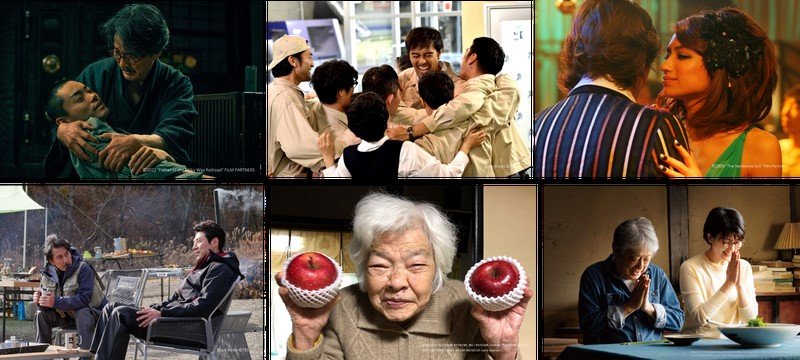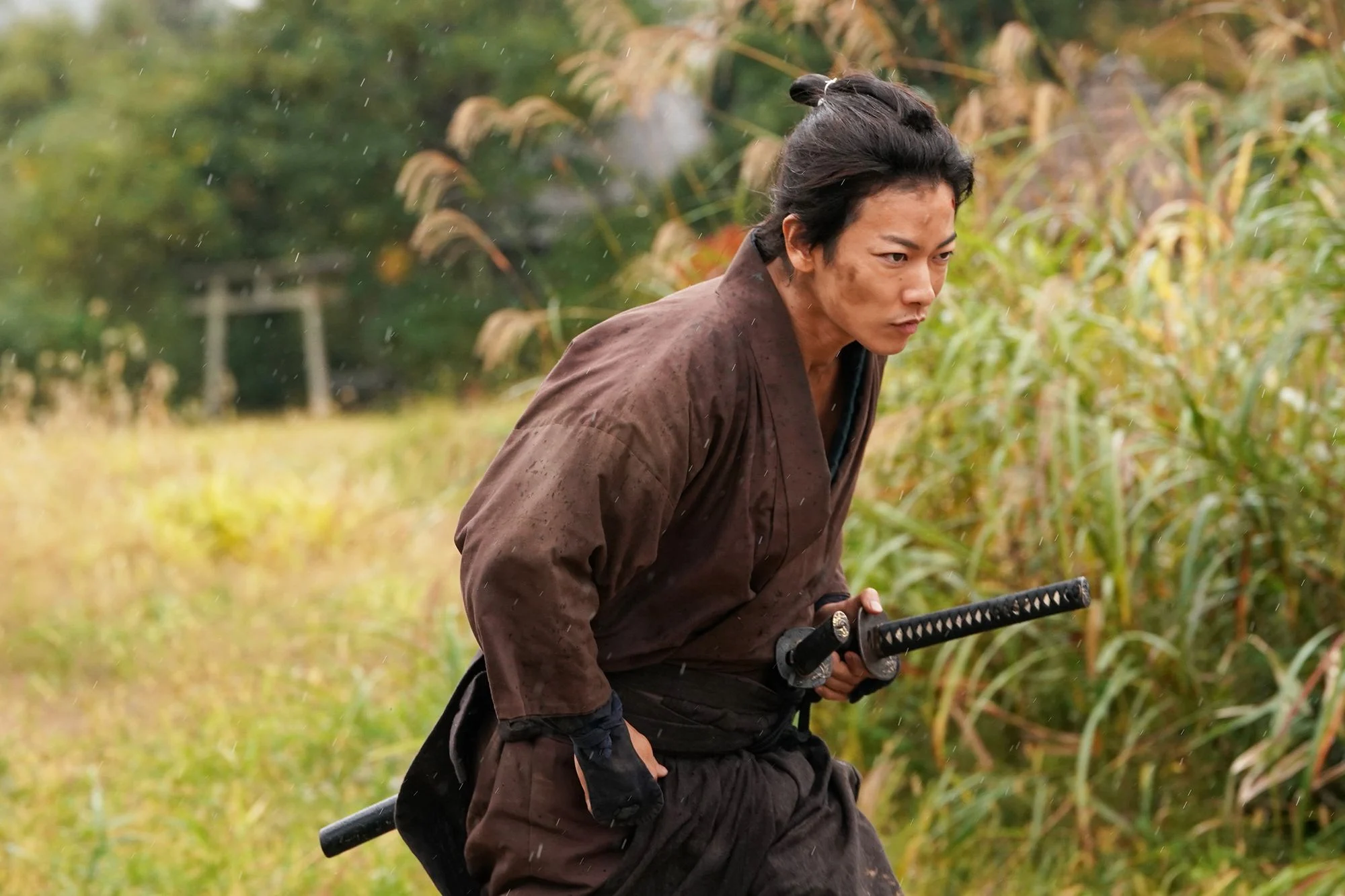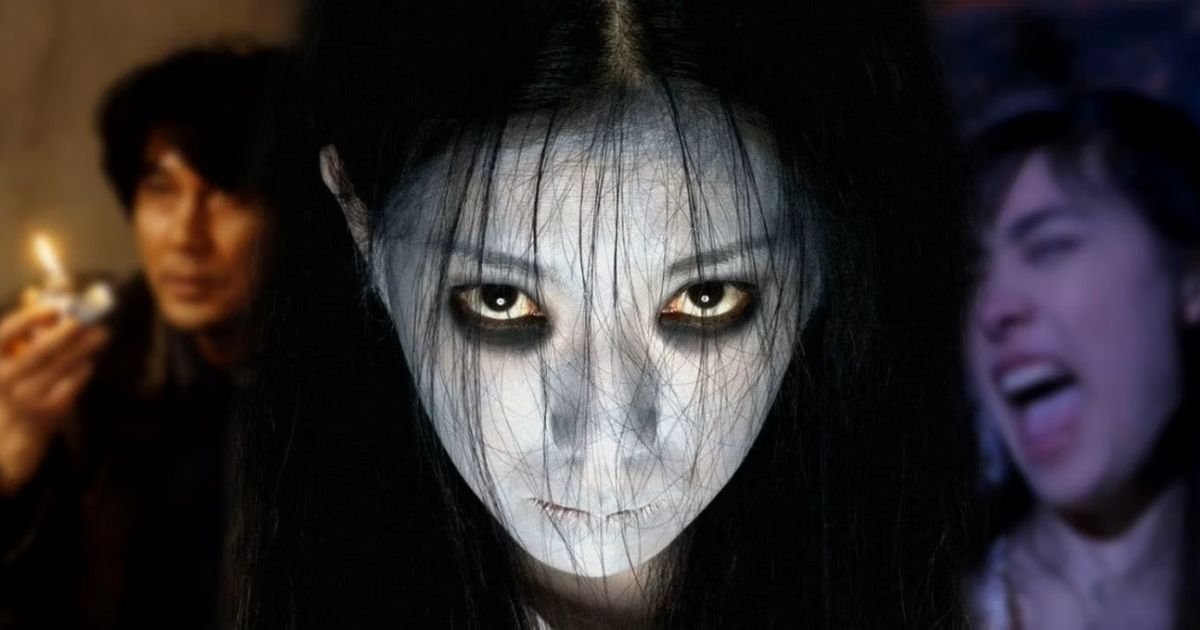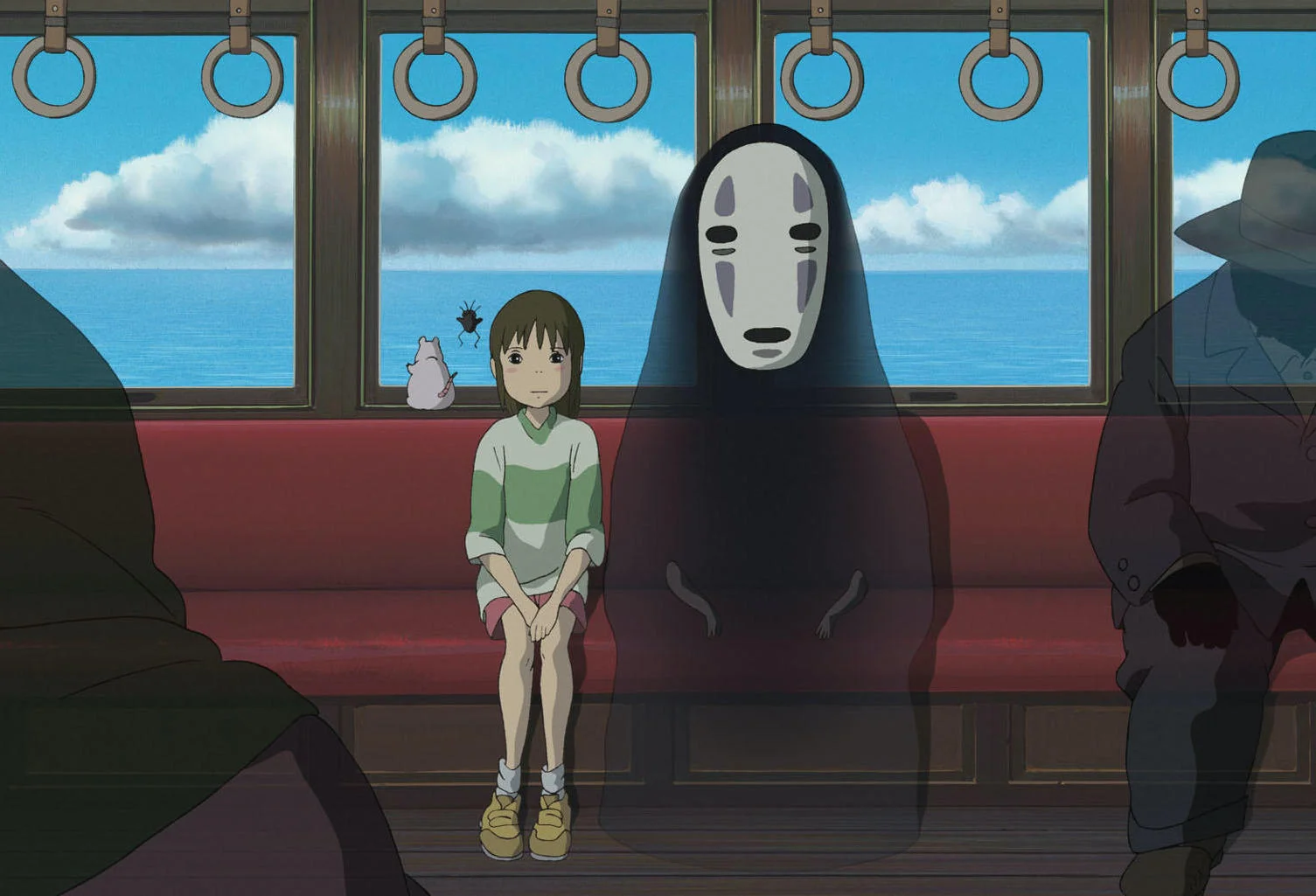Japanese film festivals are a vibrant showcase of the country’s cinematic diversity, offering audiences a chance to explore a wide range of genres, from historical epics to cutting-edge anime. These festivals celebrate the creativity and storytelling prowess of Japanese filmmakers, making them a must-visit for anyone interested in exploring the depth of Japanese cinema. Let’s dive into the diverse film genres featured at these festivals and discover why they hold a special place in global cinema.
Historical Dramas: A Window into Japan’s Past
Japanese historical dramas, known as Jidaigeki, are a staple at many film festivals. These films often take place during Japan’s Edo period (1603-1868) and feature samurai, feudal lords, and commoners, offering insight into the country’s rich history. The Tokyo International Film Festival (TIFF) regularly features Jidaigeki films, which often focus on themes of honor, loyalty, and duty.
For cinephiles, Japanese historical dramas offer a fascinating glimpse into the cultural values and conflicts of Japan’s past. Directors like Akira Kurosawa have set the standard for the genre with films such as Seven Samurai, and today’s filmmakers continue to innovate within this space, blending action with nuanced character development. Festivals are a perfect opportunity to see these masterpieces on the big screen and appreciate the historical depth they bring to the art of cinema.
Anime: A Genre All Its Own
Anime is perhaps Japan’s most globally recognized film genre, and Japanese film festivals are the best place to experience it in its full glory. From full-length feature films to experimental short films, anime is celebrated across a variety of festivals, including the Short Shorts Film Festival & Asia and TIFF.
At these festivals, audiences can witness both mainstream and indie anime projects, giving a wide perspective on the genre’s evolution. While well-known directors like Hayao Miyazaki have put Japanese anime on the global map with films like Spirited Away and My Neighbor Totoro, there is an entire world of indie and experimental anime that often debuts at these festivals. Anime film screenings, coupled with workshops and panel discussions, allow fans to dive deeper into the creative process behind these animated wonders.
Horror: A Chilling Experience for Festival Attendees
Japan is renowned for its horror films, which often blend supernatural elements with psychological terror. These films stand apart for their ability to create suspense and fear through subtlety rather than jump scares. Festivals like the Yubari International Fantastic Film Festival celebrate the best of Japanese horror, from classic ghost stories to more experimental, modern horror films.
For horror aficionados, these festivals are a thrilling experience. Iconic films like Ringu (The Ring) and Ju-on (The Grudge) have left an indelible mark on global horror cinema, and their influence is evident in the works of emerging directors who showcase their talents at these festivals. Japanese horror films excel in creating eerie atmospheres and unsettling narratives that linger in the minds of viewers long after the credits roll.
Drama and Slice of Life: Realism at Its Core
Japanese cinema is also celebrated for its moving dramas and slice-of-life films, which often focus on personal relationships, societal issues, and human emotions. These films offer a reflective and introspective look into everyday life in Japan. Therefore, exploring themes like family, love, loss, and community. The Osaka Asian Film Festival frequently highlights these genres, showcasing the work of both established and emerging filmmakers.
For those interested in films that provide emotional depth and explore the complexities of human nature, Japanese dramas are deeply resonant. Directors like Yasujirō Ozu, famous for his film Tokyo Story, set the tone for this genre, and today’s filmmakers continue to create compelling stories that capture the beauty and struggles of ordinary life.
Science Fiction and Fantasy: Bold and Imaginative Storytelling
Japan’s fascination with futuristic technology and imaginative worlds is reflected in its science fiction and fantasy films, which are often showcased at the Yubari International Fantastic Film Festival. These genres allow filmmakers to push the boundaries of storytelling, blending cutting-edge special effects with bold narratives that explore technology, dystopian futures, and otherworldly phenomena.
From the groundbreaking work of films like Akira to more recent projects like Your Name, Japan’s sci-fi and fantasy genres have had a significant influence on global cinema. Attending a film festival that showcases these genres allows cinephiles to witness the creativity of Japanese filmmakers who use speculative fiction to address universal themes such as identity, memory, and the impact of technology on society.
Experimental Films: Pushing the Boundaries of Cinema
Experimental cinema has a strong presence in Japanese film festivals. Hence it offers a space for filmmakers to challenge traditional narrative structures and explore new ways of visual storytelling. These films often defy categorization, blending genres and techniques to create something entirely unique. The Kyoto International Film and Art Festival is known for its avant-garde film screenings. This is where artists push the boundaries of what cinema can achieve.
For cinephiles and art lovers alike, these experimental films offer a chance to see the raw, unfiltered creativity of Japanese filmmakers. These films often explore complex themes like identity, existentialism, and the human condition through abstract visuals and unconventional storytelling methods. If you’re looking for something outside the mainstream, these films are a must-see at any Japanese film festival.

Conclusion
Japanese film festivals provide an unparalleled opportunity to explore the country’s rich diversity of film genres. From historical epics and anime to horror, drama, and experimental films, these festivals celebrate the breadth of Japanese cinematic storytelling. For cinephiles, attending these festivals is a unique experience. It allows them to immerse themselves in the films that have shaped, and continue to influence, global cinema.








